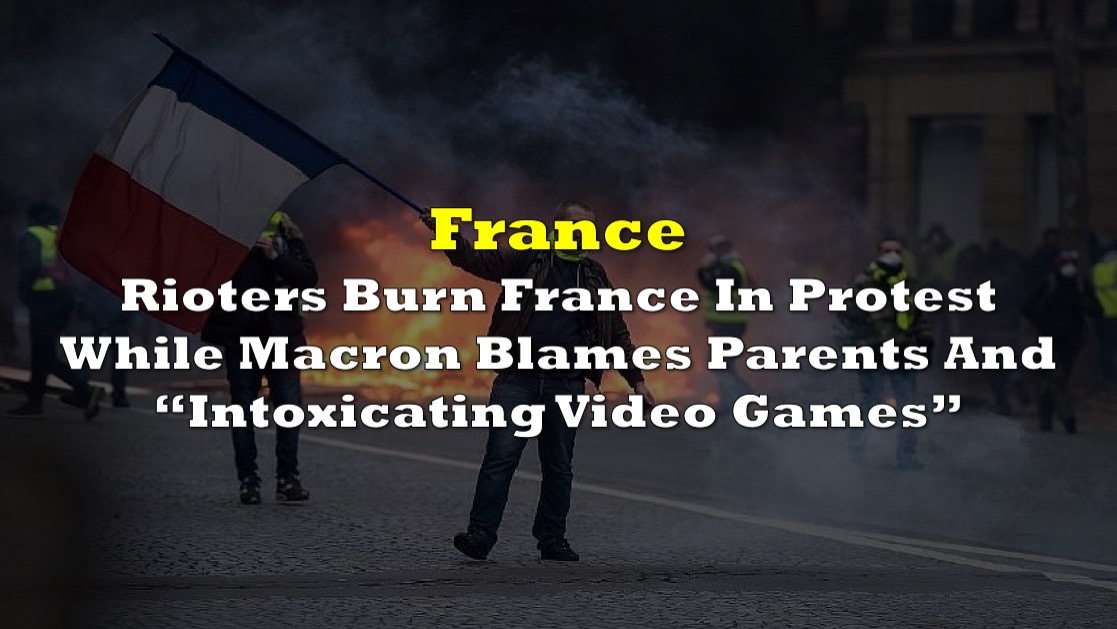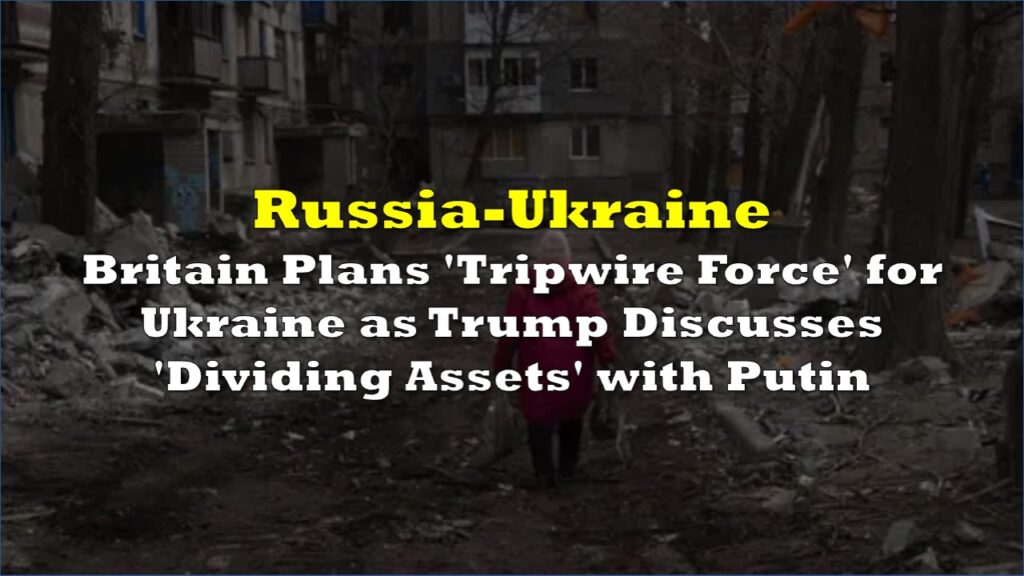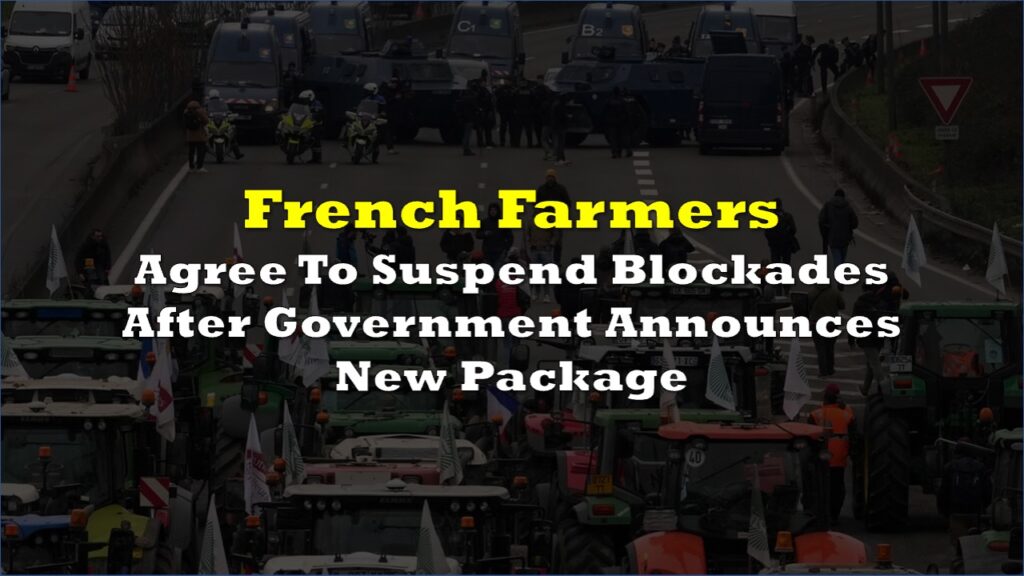France is grappling with escalating unrest and violence as rioters continue to clash with authorities for the third consecutive night following the fatal police shooting of a 17-year-old teenager. The incidents have sparked outrage and brought longstanding grievances regarding police violence and systemic racism to the forefront of public attention.
The situation has prompted the French government to take urgent measures to restore order and address the deep-rooted issues underlying the unrest.
BREAKING: Footage from riots in Marseille, France.pic.twitter.com/AIGALSwkL1
— The Spectator Index (@spectatorindex) June 29, 2023
The violent protests have engulfed various cities, including Marseille, Lyon, Pau, Toulouse, Lille, and parts of Paris. The suburb of Nanterre, where the teenager, identified as Nahel M., was shot dead on Tuesday, has been a focal point of the demonstrations.
Nahel, of Algerian and Moroccan descent, was killed during a traffic stop, and the incident was captured on video, fueling anger and resentment among marginalized urban communities, particularly those of poor and racially diverse backgrounds.
The toll from the riots has been significant, with over 200 police officers injured and 875 individuals arrested overnight. Rioters targeted public buildings, including police posts, town halls, and schools, while also setting fire to buses, tram systems, and other vehicles.
Multiple Structures including a Hotel are Burning in the Northern French City of Roubaix tonight, which is only roughly a Mile from the Border with Belgium; as seen in Videos, some Buildings have begun to Collapse as a result of the Uncontained Fires set by Rioters. pic.twitter.com/mlUm5YKS8o
— OSINTdefender (@sentdefender) June 30, 2023
A Bus Depot in the Community of Aubervilliers on the Northeastern Suburbs of Paris, France is currently on Fire with multiple Buses seen Engulfed in Flames. https://t.co/OzTMdy7EPf
— OSINTdefender (@sentdefender) June 30, 2023
Widespread looting–including of police cars–and property damage have been reported, with stores, supermarkets, and a major shopping mall falling victim to the unrest.
Police Cars containing Firearms and Ammunition are reportedly beginning to be Looted by Rioters in France. pic.twitter.com/Ow2atIi6lr
— OSINTdefender (@sentdefender) June 30, 2023
Mass Looting is taking place in multiple Cities across France including in the Capital of Paris. pic.twitter.com/WAzkpHT5Z6
— OSINTdefender (@sentdefender) June 30, 2023
In response to the escalating situation, French authorities have taken several steps to regain control. Prime Minister Elisabeth Borne denounced the violence as “intolerable and inexcusable” and announced that the government would consider all options to restore order.
Meanwhile, Interior Minister Gerald Darmanin ordered a halt to all bus and tram traffic nationwide from 9 p.m. onwards.
BREAKING:
— Visegrád 24 (@visegrad24) June 29, 2023
France shuts down public transport across the country in response to the nationwide rioting and looting that has entered its 2nd day.
The riots began after a policeman shot a 17-year-old to death who was trying to flee from the police in a car pic.twitter.com/9lHao6AP73
Video games and bad parenting
President Emmanuel Macron, who had previously ruled out declaring a state of emergency, hinted at the cancellation of public events in affected regions.
The French leader has attributed the mass riots in France to “intoxicating video games,” stressing that “it’s the responsibility of parents to keep [kids] at home… It’s not the state’s job to act in their place.”
Macron also urged social media platforms to remove sensitive content related to the riots, noting that platforms like Snapchat and TikTok have been used to organize violent gatherings. He expressed concerns about the influence of social media, which he believes has emboldened the rioters.
He emphasized the need to address the mimicry of violence among young individuals, which he believes can cause them to lose touch with reality.
“You get the impression that for some of them they are experiencing on the street the video games that have intoxicated them,” Macron added.
The President of France, Emmanuel Macron has blamed “Video Games and Bad Parenting” for the Mass Riots that have been ongoing across the Country for over 3 Nights. pic.twitter.com/fGrLZiOF8y
— OSINTdefender (@sentdefender) June 30, 2023
The protests have drawn international attention, with human rights organizations and governments expressing concern. The United Nations rights office in Geneva emphasized the importance of peaceful assembly and called on French authorities to ensure the legal, proportionate, and non-discriminatory use of force by the police. Western governments, including the United States and the United Kingdom, have issued warnings to their citizens, urging caution and vigilance in light of potential disruptions and local curfews.
The incident has reignited memories of the 2005 nationwide riots that lasted three weeks and prompted the declaration of a state of emergency. Those riots erupted in Clichy-sous-Bois, a Paris suburb, following the electrocution deaths of two young men who were fleeing from the police. The current unrest reflects the deep-rooted tensions between law enforcement and France’s working-class minority communities, many of whom are of Muslim background and reside in the banlieues.
Macron’s government is facing a significant challenge in managing the crisis. While Macron has condemned the killing of Nahel as inexcusable and called for calm, his administration has faced criticism for its perceived support of law enforcement and its handling of racial and religious tensions. Macron’s recent restrictions on mosques and Muslim associations accused of “Islamist separatism” have further exacerbated the divide.
Looting and arson being reported in multiple cities across France, as riots continue for a 3rd night pic.twitter.com/QB2Dy423um
— BNO News (@BNONews) June 30, 2023
Darmanin has deployed 40,000 police officers to the streets, pledging a firm response to the violence. The majority of the individuals detained are between the ages of 14 and 18.
Elite Tactical Units of the French National Police including RAID and the BRI have reportedly been Activated and have begun to be Deployed into Cities across the Country alongside their counterparts in the National Gendarmerie of the French Armed Forces, the GIGN. pic.twitter.com/lsOqROwonJ
— OSINTdefender (@sentdefender) June 30, 2023
As tensions persist, several towns in the Paris region have implemented nighttime curfews to combat the violence, with plans to continue these measures in the coming days.
The French government now faces the critical task of addressing the underlying issues of police violence, racial discrimination, and social inequality to prevent further escalation of unrest and to restore trust and harmony within the nation.
These French riots make the Russian coup look like a friggin Easter parade.
— Thomas George (@thomasg_grizzle) June 30, 2023
⚡️A father in France caught his son rioting so he grabbed him by the ear and threw him in the car
— War Monitor (@WarMonitors) June 29, 2023
😂😭 pic.twitter.com/KCrTwocu0y
Information for this briefing was found via Reuters, The Wall Street Journal, Agence France-Presse, and the sources mentioned. The author has no securities or affiliations related to this organization. Not a recommendation to buy or sell. Always do additional research and consult a professional before purchasing a security. The author holds no licenses.









